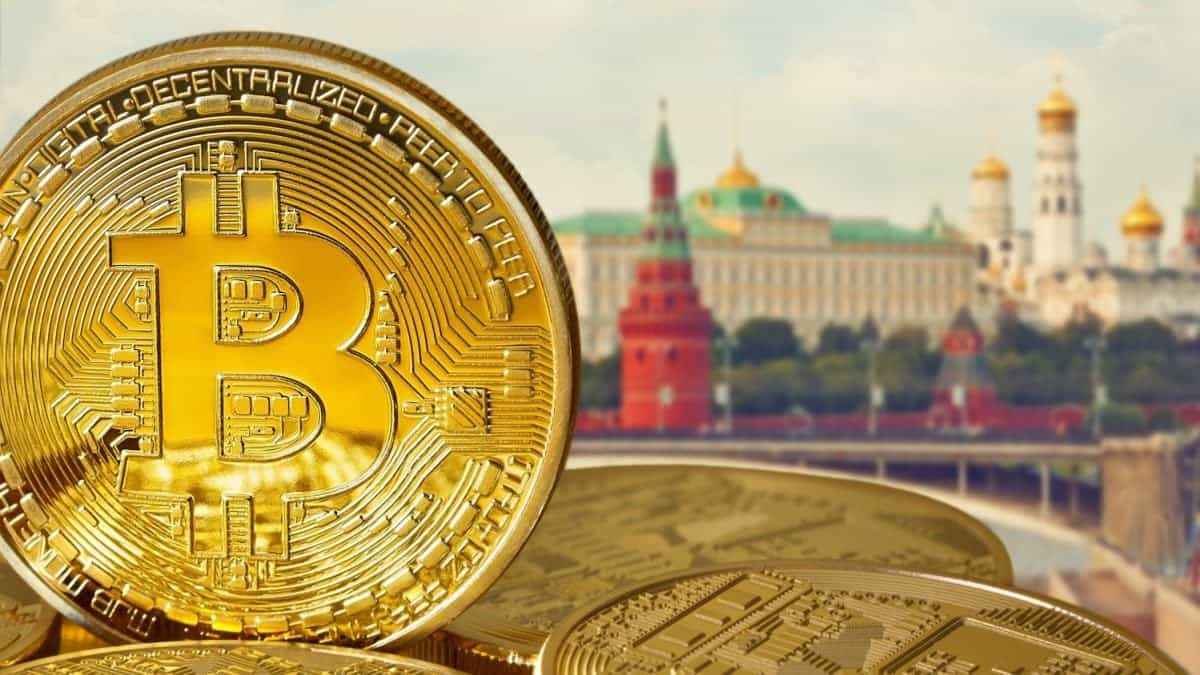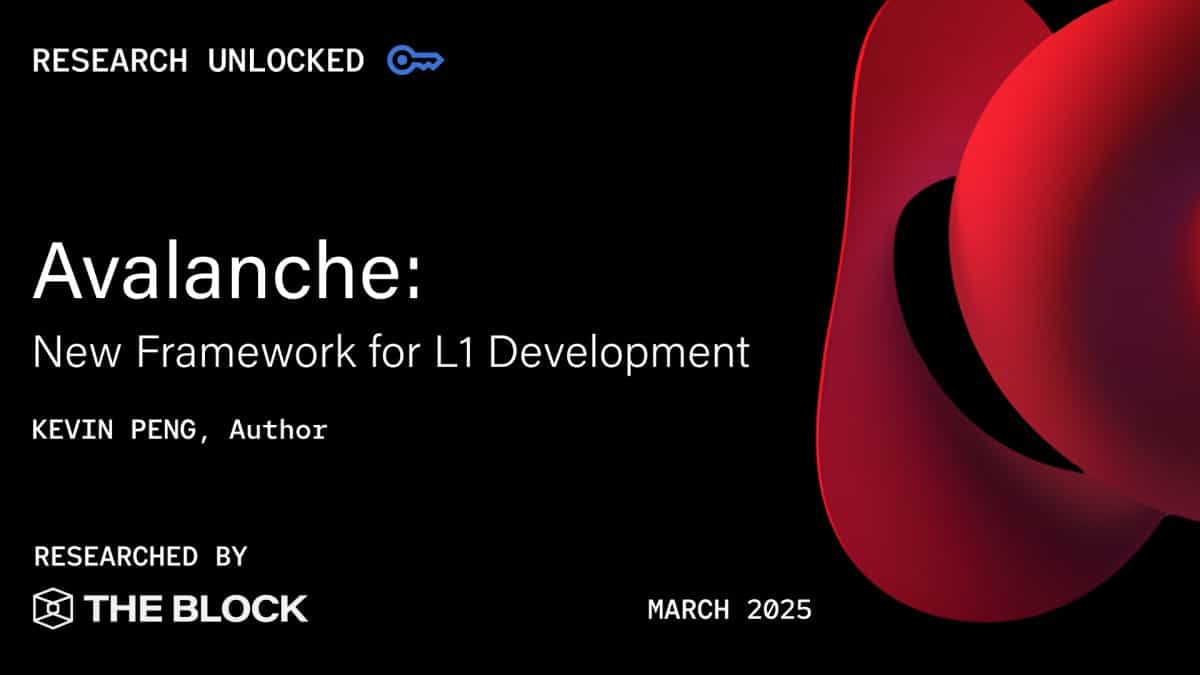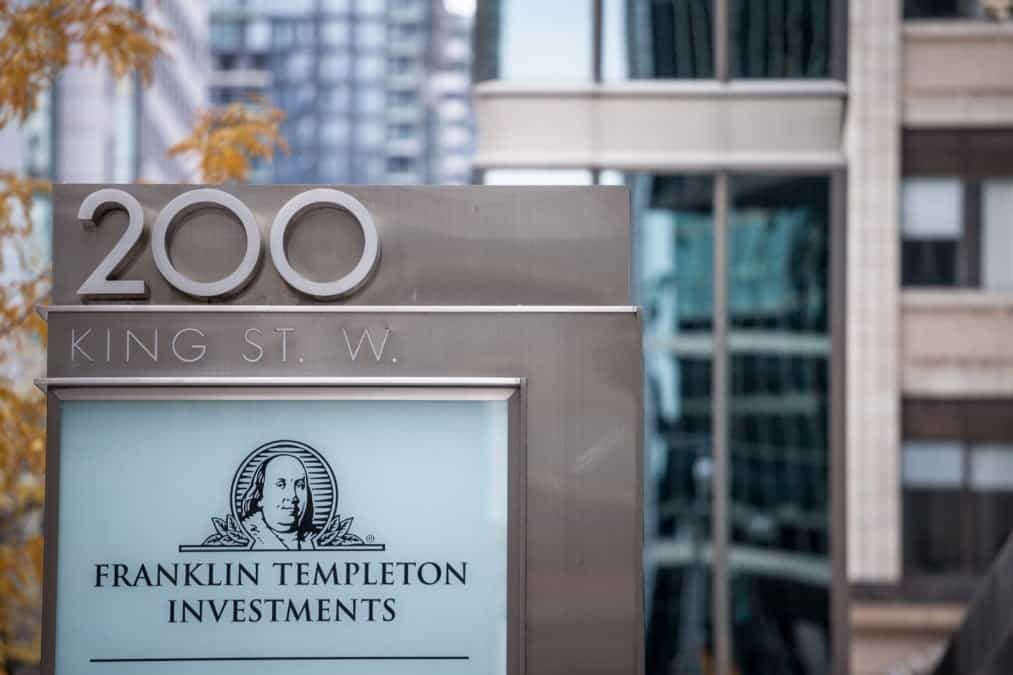News
Stay up-to-date on the most trending topics in crypto with our professional and in-depth news.

Over the past month, the cryptocurrency market has faced a downturn due to multiple factors. Global macroeconomic uncertainties, such as shifts in U.S. economic policies and the impact of tariffs, have heightened market anxiety. Meanwhile, the recent White House crypto summit failed to deliver any significant positive news for the crypto market, further dampening investor confidence. Additionally, fluctuations in market sentiment have led to capital outflows, exacerbating price declines. In this volatile environment, selecting stable and secure passive-income products is more crucial than ever. Bitget offers solutions that not only provide high-yield fixed-term products but also flexible options for users who need liquidity. Furthermore, with the added security of the Protection Fund, investors can earn steady returns even amidst market volatility.

Quick Take The Central Bank of Russia announced a new proposal to allow qualified investors to trade cryptocurrencies for a period of three years. The central bank stated that it still does not see crypto as a means of payment.

Over the past few weeks, BTC has repeatedly tested the $100,000 resistance level, briefly breaking through multiple times before failing to hold, resulting in sharp declines Altcoins have entered a technical bear market, though SOL has shown resilience during both downturns and rebounds. However, the trading frenzy surrounding Solana-based memecoins has cooled, while discussions of institutional unlocking have gained traction on social media. On the night of March 2, Trump announced plans to establish a strategic crypto reserve, explicitly mentioning BTC, ETH, XRP, SOL, and ADA. This statement briefly reignited market sentiment amid oversold conditions, triggering a sharp crypto rebound. However, macroeconomic conditions remain largely unchanged, and liquidity recovery is a gradual process. The rally sparked by Trump's comments quickly faded, suggesting the market may still face further downsides. The following recommendations highlight projects worth monitoring in the current cycle, though they may not yet have reached an optimal entry point.

Quick Take The blockchain scaling landscape is evolving beyond the modular vs. monolithic debate, with multiple approaches like app-specific L1s gaining traction alongside rollups and high-performance chains. The Avalanche Etna upgrade introduced major changes, including reduced transaction fees, dynamic fee structures, and greater flexibility for developers to launch independent L1s, boosting the network’s overall scalability Avalanche’s ecosystem is expanding, with growing adoption in DeFi, gaming, and S

The recent decline in the crypto industry stems from several key factors. First, volatility in the macroeconomic environment—such as the sharp drop in US stocks and global market uncertainty—has weighed heavily on high-risk assets like Bitcoin. Second, an increase in hacker attacks, including a $1.5 billion cryptocurrency theft on February 22, triggered panic and led to over 170,000 liquidations. Third, rising regulatory pressure, such as the SEC’s increased scrutiny of cryptocurrencies in the US and restrictions on trading and mining in some countries, has further undermined investor confidence. Additionally, the market is in a consolidation phase, with many funds buying the dip in the short term but quickly exiting as risk appetite declines. Finally, Bitcoin's failure to break through key resistance levels has led to weak demand and network activity, while ETF outflows have exacerbated the downward pressure. These combined factors have created short-term strain on the crypto market, contributing to its decline. As a result, this edition focuses on Earn-related products.

Recently, BTC has weakened, altcoins have declined across the board, and trading volume on the Solana blockchain has continued to shrink. Daily transaction volume on Solana has hit new yearly lows, with over $200 million in sell-offs on pump.fun in just over two months since the start of the year. Additionally, the hype surrounding Argentina's president-related memecoin last weekend drained additional liquidity from the Solana network. Adding to investor concerns, a large amount of SOL is set to be unlocked on March 1, exacerbating deteriorating sentiment and leading to a noticeable decline in market wealth effects. Against this backdrop, investors are advised to reduce leverage, manage risk, and reserve funds for potential dip-buying opportunities. This edition highlights several USDT-based, SOL-based, and BTC-based Earn products, offering investors a diverse range of investment options.

Quick Take Franklin Templeton’s registration statement posted on Friday included language around language on staking for a proposed Franklin Solana ETF. “I think staking will ultimately be allowed for all proof-of-stake assets inside an ETF wrapper,” said Bloomberg ETF analyst James Seyffart.
- 07:09Bank of America Survey: Global Investors Sell U.S. Stocks at Record PaceJinse reported that Bank of America Global Research stated on Tuesday that global investors have significantly reduced their holdings of U.S. stocks at a record pace over the past two months. They consider the trade war, which could trigger a global economic recession, the biggest risk facing the market. In Bank of America's monthly survey of fund managers, 36% of respondents reported a net reduction in U.S. stock allocation, the highest level in nearly two years. Within two months, the allocation to U.S. stocks dropped by 53 percentage points, marking the largest two-month decline on record. This trend seems likely to continue, as a record number of respondents also indicated that they plan to cut back their U.S. equity allocations. President Trump's aggressive tariff plans have led to a sell-off in U.S. assets, including stocks, the dollar, and U.S. Treasury bonds. The stock market rebounded on Monday, but the S&P 500 index is still down about 8% year-to-date. Bank of America surveyed 164 investors managing $386 billion in assets.
- 07:07Bank of America: 82% of Respondents Believe the Global Economy Will WeakenAccording to a report from Jinse, a survey by Bank of America reveals that 82% of global fund managers believe the global economy will weaken, reaching the highest level in 30 years; additionally, 42% of respondents consider a recession quite likely.
- 07:07Probability of 25 Basis Point Fed Rate Cut in May Drops to 16%Odaily reports that, according to CME "Federal Reserve Watch" data, there is a 16% probability of a 25 basis point rate cut by the Federal Reserve in May, while the probability of rates remaining unchanged is 84%.